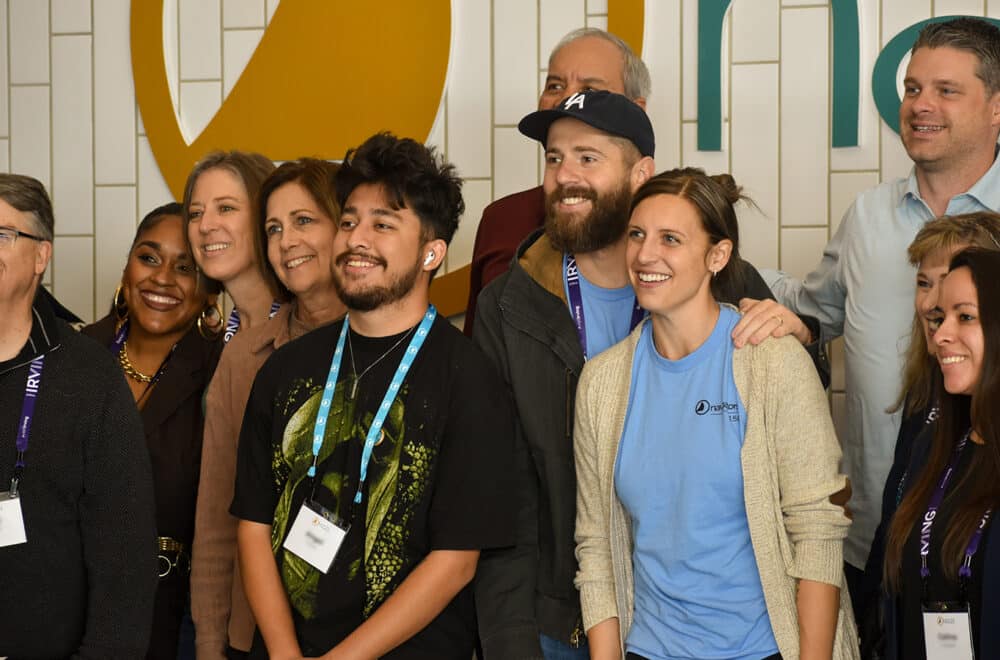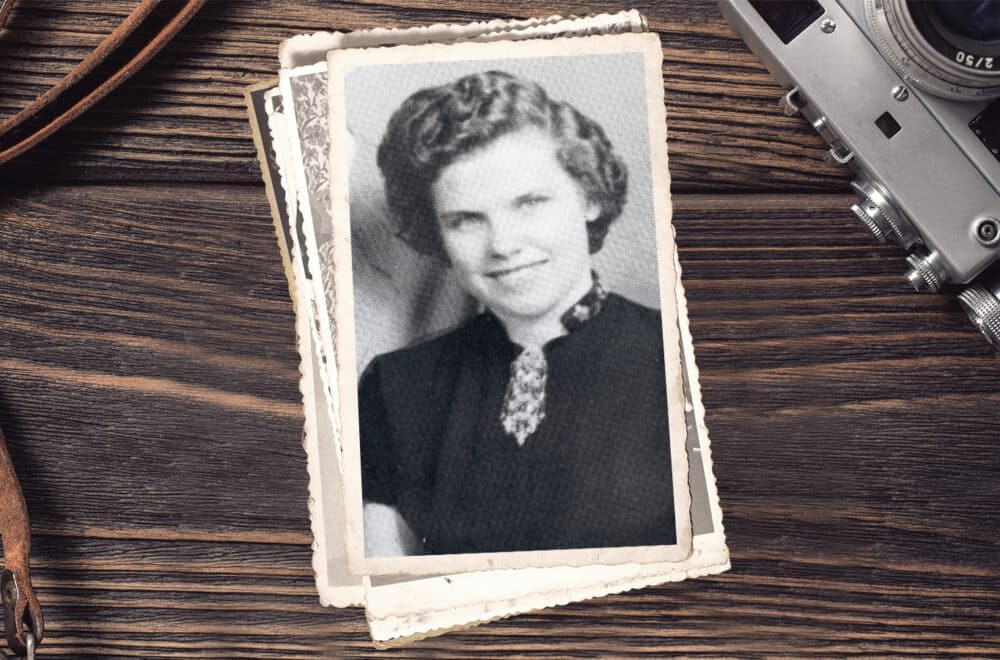Evert is a trainer at a gym in Amsterdam where Scott Trout, a Navigator, exercises. One day they started talking before a group class. Evert asked Scott what kind of work he did, and Scott said that he has spiritual conversations with international students. Evert was intrigued about that and said that he wanted to have spiritual conversations as well.

They met again the next day, and then, along with meeting with Scott, Evert started hanging out with the international students and participating in Navigators social activities and spiritual discussions.
“At first I just started hanging out because I was curious and I connected with Scott and the other people,” says Evert. “They are not judgmental, and we have interesting discussions. People seem open to deep conversations and to opening up about themselves. I didn’t grow up in a religious family, but in the village where I lived as a child, many people were Catholic, so we knew about Jesus and Christmas and Easter, but I’d never read the Bible.”
Scott observes that many Dutch people are skeptical about Christianity and aren’t very interested in reading the Bible. However, even from the start, Evert was interested in engaging in discussions and asking questions. “He came to our fall launch activities and helped at our table where we had a ‘conversation wheel’ to invite people into spiritual discussions,” Scott said. “Evert and I paired up to interview people and ask them about spiritual topics. We also started reading the Bible together, beginning in Genesis. We talked about how God created people in a trust relationship and how that trust was broken and led to the brokenness we see in the world.”
Now Evert is part of a small group reading about Jesus in the book of Mark. People in the group are all along the spectrum of faith and belief, with several agnostics and others who follow Jesus. But together they think about and discuss what Jesus says and what it means for their own lives.
As he reflects on his Dutch culture, Evert says, “Because we aren’t religious anymore, we don’t really have guidance for our lives. We get consumed by ourselves. We don’t really have poverty in the Netherlands, so people are focused on how to make money and live the good life. They don’t see the big picture of their spiritual condition.”
Using Your Interests to Build Intentional Relationships
The international student population in Amsterdam represents a vibrant group from around the world. Scott and Briana Trout have been in Amsterdam for several years as part of a team that reaches out to international students and to locals. Scott and Briana model how natural relationships can come from interactions where they live, work, and play as they help the students they disciple think about evangelism and outreach.
Briana is a registered dietitian and has seen how her interest in food can bring people together. Recently she started teaching a workshop on Southeast Asian cuisine for a Dutch cooking class. She learned to cook Vietnamese food as a teenager, from her mother who was born in Vietnam and immigrated to the U.S. The cooking classes include people from all over the world and offer an opportunity for conversation and connection.
Along with reaching out to international students and in cooking classes, other natural connections for Briana have come from continuing friendships with moms who were in her birthing class when she had Naomi (born in late 2020).
Recently two of the women she has been discipling have decided they are ready for the next step of faith and want to be baptized, as part of their commitment to following Jesus. One of the women is from Japan, and the other from Curaçao (in the Caribbean), illustrating the international nature of their community in Amsterdam.
Scott is an actor and recently was accepted into an improv group, where he is building relationships. “Being involved in theater is a great way to show the human story, and how it goes awry. In this improv group, I will be able to develop ongoing relationships with the other people, as we work together regularly. This is just another way of showing students that we can invest our energy in something we love and along the way have spiritual conversations with people in our circle.”
Another way Scott initiates spiritual conversations is a podcast he created, “Between Two Worlds,” that features peoples’ spiritual stories, including those who follow different religions. Scott says, “My hope is that by telling their story and listening to mine, they might be more open to Christ entering into that story.”
Pray for those who are curious about Jesus and learning more about faith will continue to engage in their community.
Consider Serving Internationally
Navigators iEDGE teams are made up of recent college graduates in their early to mid 20s. They invest two years in an international ministry training experience on university campuses overseas.
Come serve and grow alongside long-term Navigator leaders as you expand Jesus’ Kingdom by engaging with university students in Life-to-Life® Discipleship. Explore our page to learn more about locations and exciting new opportunities within iEDGE!




I would love to read more about some of these spiritual discussions. These stories can give us inspiring new ideas of how to move forward with others.
I have not received the download of all the names of God to use in prayer. How do I receive it?
We’re sorry you haven’t received this free eBook. Please message us at navigators.org/about/contact-us and we will send the PDF directly to you. God bless!
This is a great story! I am curious if there is a link to the “conversation wheel” mentioned in the article? We have a fellowship hour before Sunday worship at our church, and I was trying to think of creative ways to foster more spiritual conversations. Any direction on what Scott uses would be so helpful.